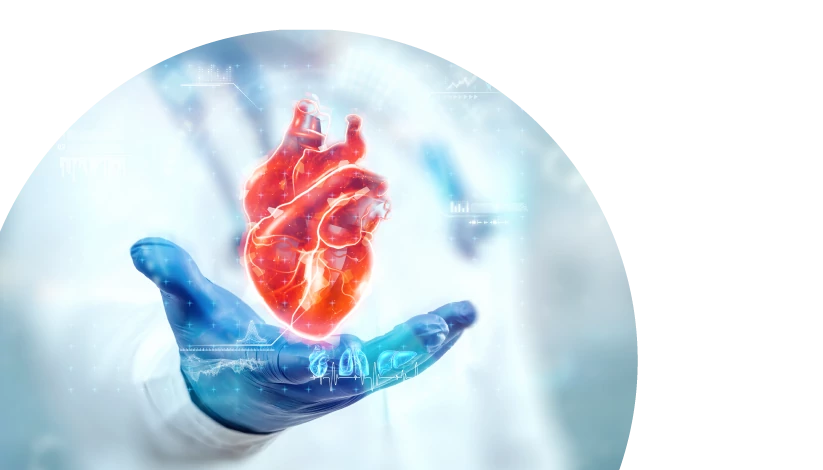- Problem with your heart’s electrical conduction system, which can lead to abnormal heart rhythms or heart rates. Non Interventional Coronary artery disease: Problem with your heart’s blood vessels, such as blockages.
CARDIOLOGY
Our renowned team of cardiologists are committed to providing cardiovascular well-being for those in need. From advanced diagnostics to cutting-edge treatments, we deliver personalised care for heart conditions. With a focus on innovation and compassion, we strive to enhance your quality of life. Experience compassionate care and advanced therapies tailored specifically to your needs.
Our gynaecology specialists provide treatments for female health problems such as Total Laparoscopic Hysterectomy, Total Abdominal Hysterectomy, Pap smear and Colposcopy, Urinary Incontinence treatment, Endometriosis treatment, Fibroid treatment, Infections (UTI, Pelvic Inflammatory Disease) treatment,Vaginal Hysterectomy, etc. Here, we provide the right medical care for your gynaec problems by the top gynaecologist. Being an organ-site focused hospital, our team comprises dedicated gynaecologists, medical experts, pathologists and radiation therapists who have years of experience and clinical expertise with gynaecological problems.
The division of the gynaecological department is supported by state-of-the-art technology and care, which drastically improves gynaecological diagnosis and treatment approach for gynaec patients. The comprehensive services of gynaecology provided by the unit also include surgical management of benign, but complex conditions, (fibroids, ovarian mass and cyst) and an evolving field in gynaecology that deals with restoring and preserving fertility during and after the gynaecological treatment.



